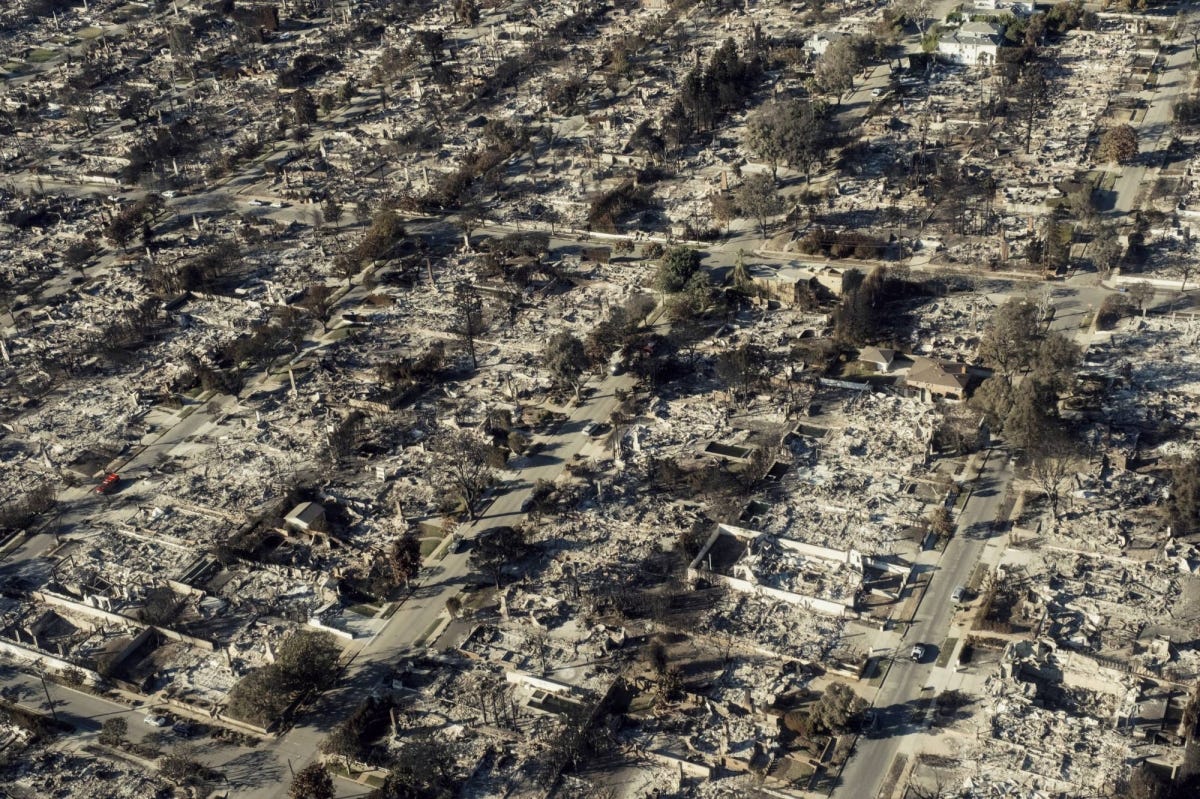A Case for Fossil Fuel Capital Requirements for Insurers
My co-authored article in the Japan Times

Hey Power Japan readers,
A bit belated, but I wanted to share an article I co-wrote with Alexander Pui in The Japan Times.
In the piece, we argue that the world’s insurance companies, by continuing to underwrite fossil fuel infrastructure, are partly responsible for the climate crisis and the extreme weather events we are increasingly suffering from. We explain why insurers continue these practices and how voluntary commitments by these companies and policy measures so far have been unable to move the insurance industry away from fossil fuels.
Finally, we argue for capital requirements on insurers’ fossil fuel exposure. Capital requirements in the context of insurance companies are regulatory measures that require insurers to set aside a certain amount of money to ensure they can pay out claims to policyholders even in the event of significant losses, like natural disasters. To grossly simplify, higher capital requirements imposed on insurers for their exposure to fossil fuel assets would act like a carbon price on insurers — it would disincentivize insurers from underwriting fossil fuel projects.
Why did we decide to write this piece? And why now? The seed of the idea came from a report by a group of NGOs called Insure Our Future, published last December. The report shows, among other things, that over the last two decades, insured losses that are attributable to climate change have outpaced total weather-related losses.
Then came the infernal wildfires in Los Angeles in January that occupied my thinking and newsfeed for weeks. The fires left a trail of devastation in the second-largest American city. The fires claimed nearly 30 lives, forced almost 200,000 residents to evacuate, destroyed more than 15,000 structures, led to economic losses potentially as high as $250 billion, and insured losses of over $30 billion.
Fires of this scale are complex phenomena with many interlocking causes. But it’s clear that some of the underlying conditions that triggered the fires — brush overgrowth, high temperatures last summer and extreme dryness, and the unusual seasonality of the Santa Ana winds that spread the fires — can be traced to climate change.
This sad but opportune moment called for an opinion piece on climate-related disasters, the insurance industry, and potential solutions. I tapped my friend and co-author Alexander Pui, who’s an adjunct fellow at the Climate Change Research Center, University of New South Wales, Sydney, and Japan Society for the Promotion of Science Visiting Scholar at Kyushu University, for his deep expertise in a range of climate risk topics across insurance and banking.
It was a difficult piece to write, structure, and polish, partly because the workings of property and casualty insurance are far from my wheelhouse. But I channeled Alex’s knowledge through my pen, and here’s the result.
Check it out if you’re interested. Here’s the link again.



